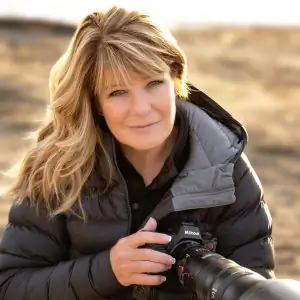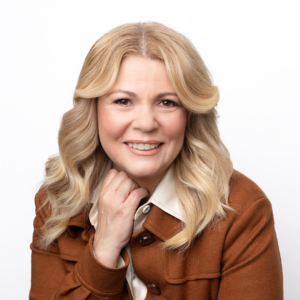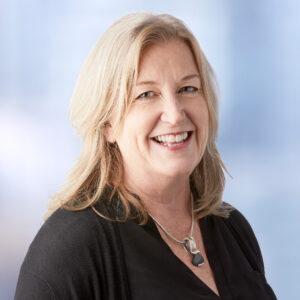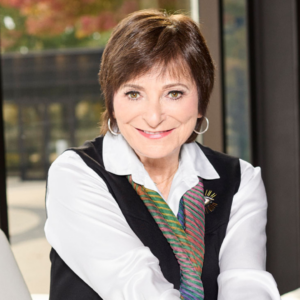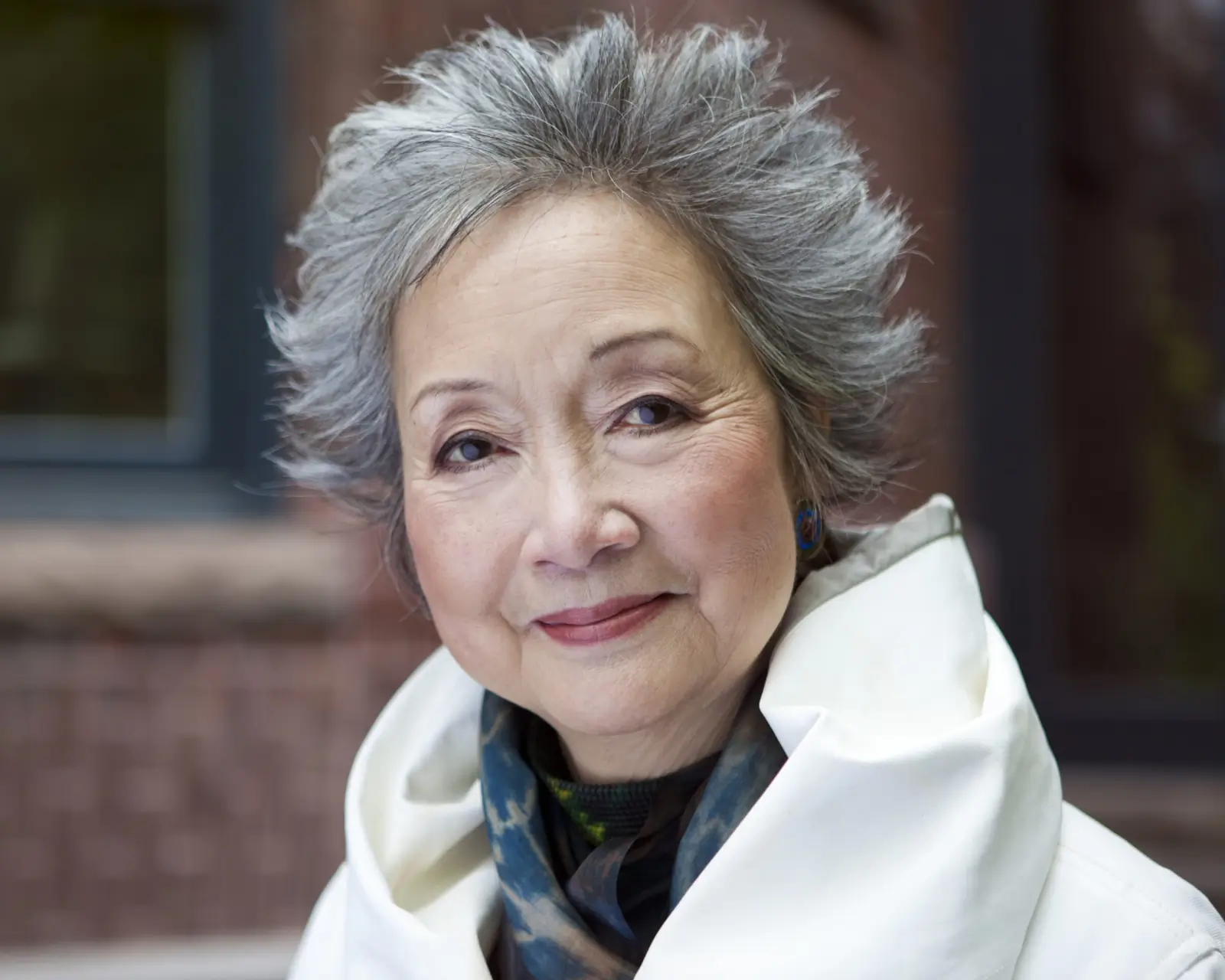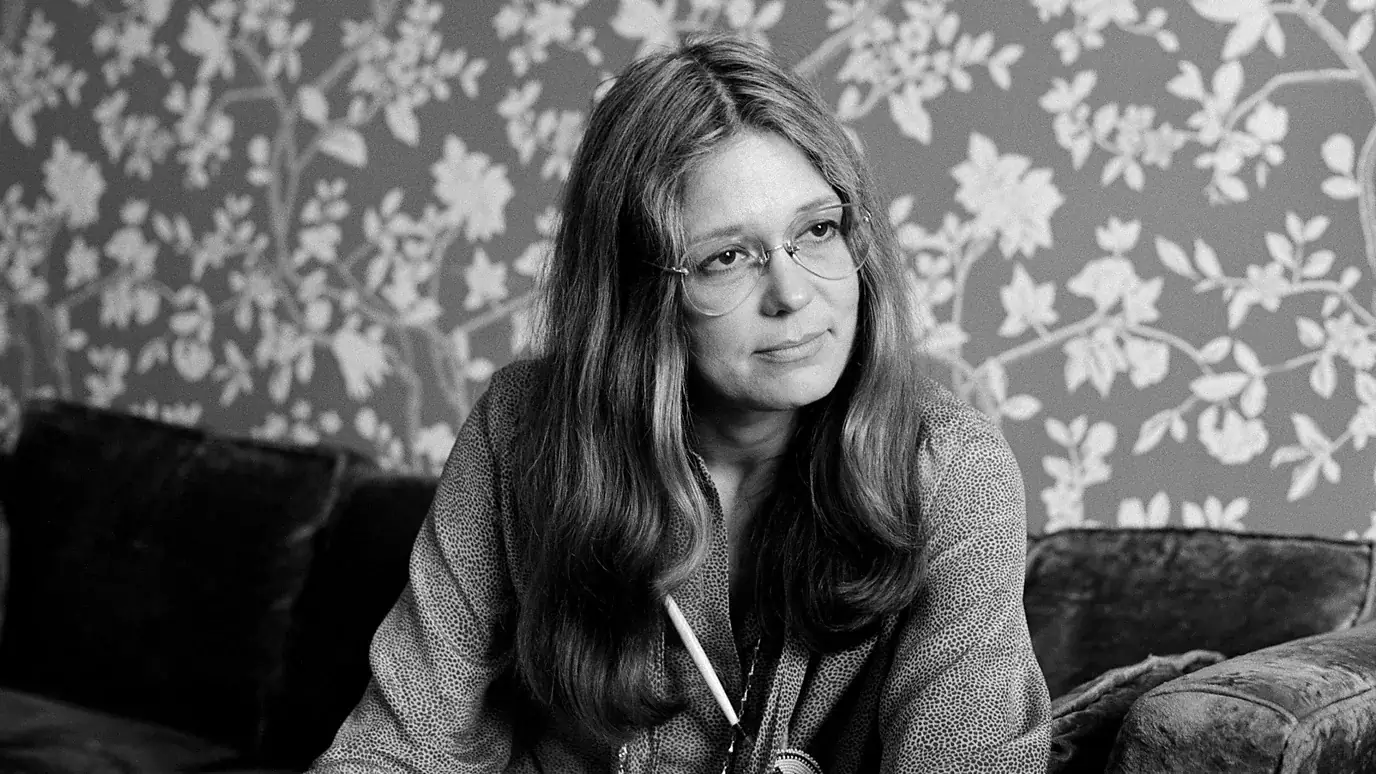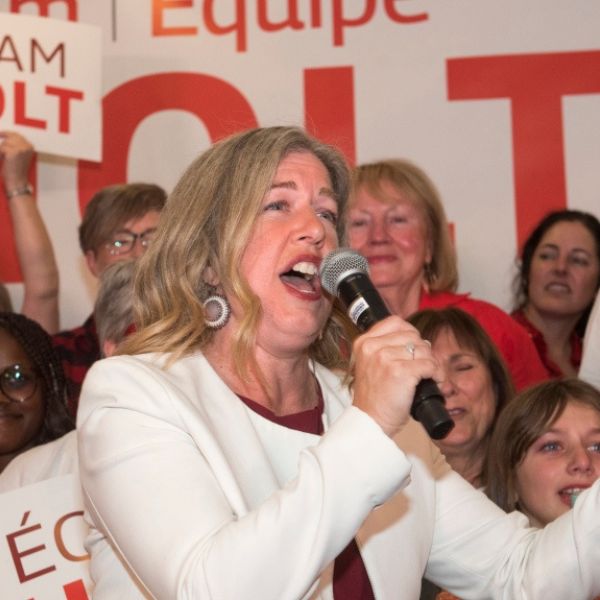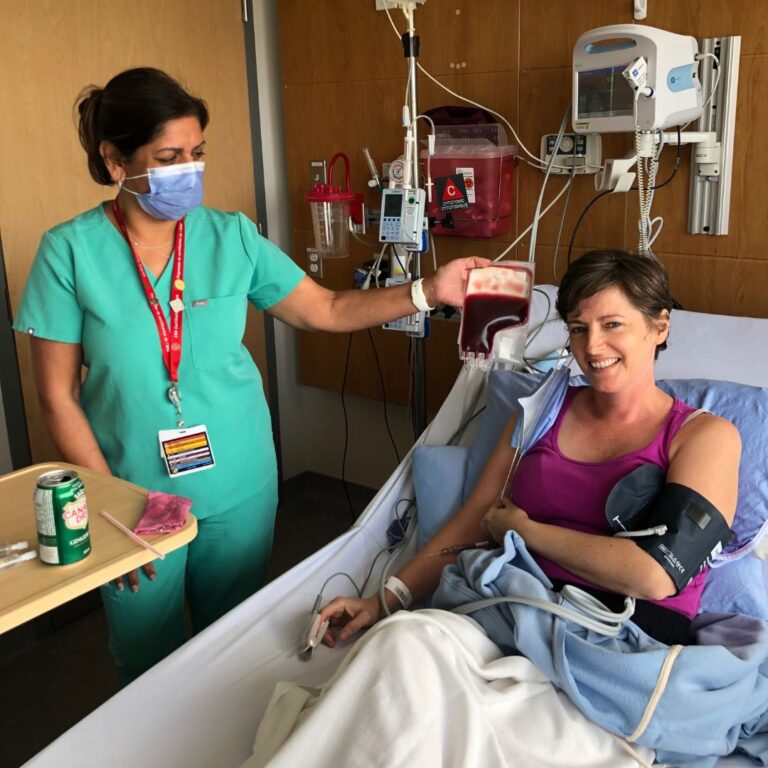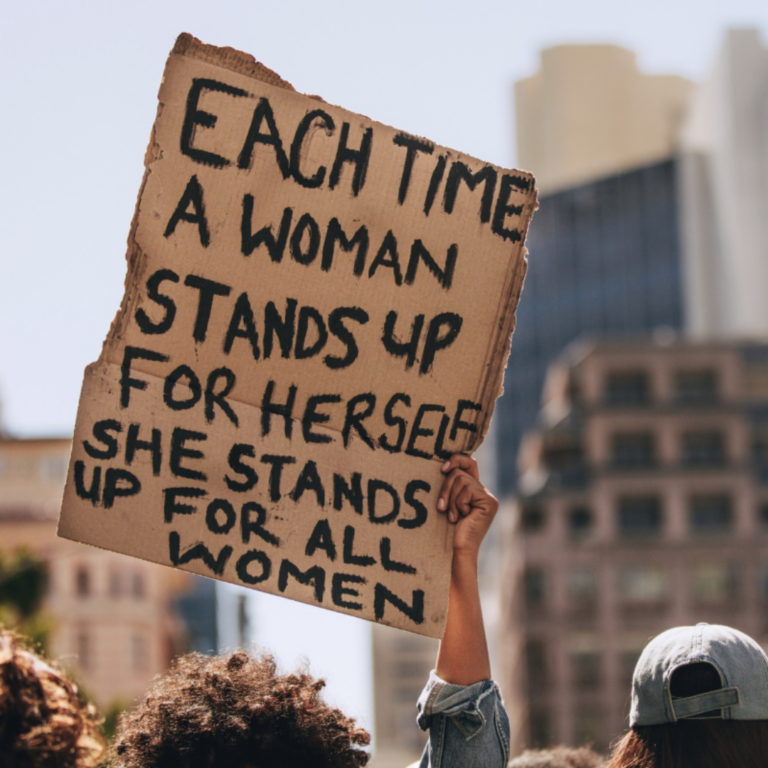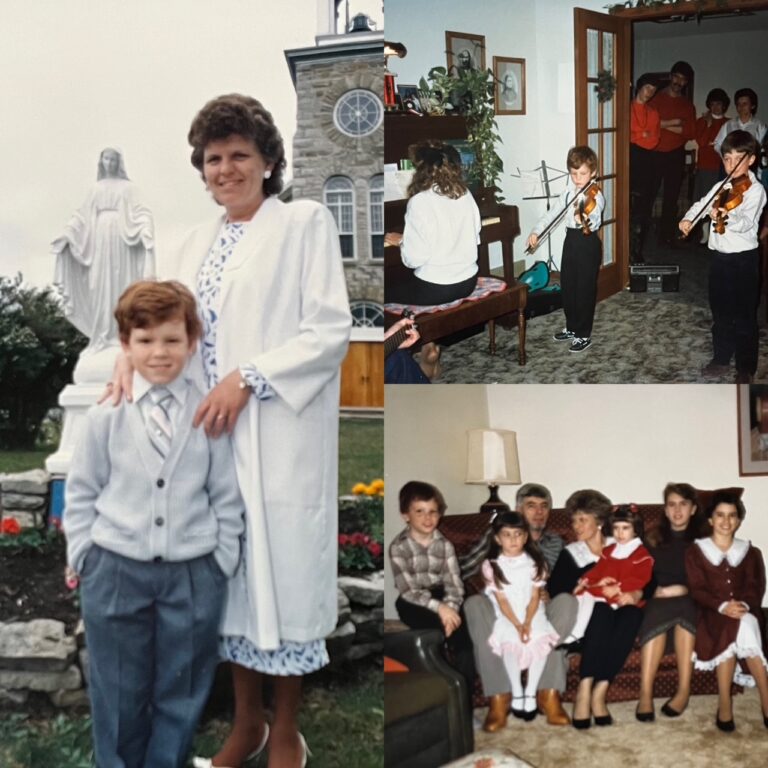Susan Aglukark — JUNO Award-winning Inuk Artist
Susan Aglukark is a multiple JUNO award-winning Inuk artist whose music has earned international acclaim. She has also received the Order of Canada and a Governor General’s Performing Arts Award for lifetime artistic achievement. She holds Honorary Doctorate degrees from several institutions and has performed before heads of state and royalty. But Susan has also faced and overcome many personal challenges. In this episode of The Honest Talk, Susan talks with Jen and Catherine about surviving sexual abuse as a child, her battle with postpartum depression, and her journey of self-discovery.
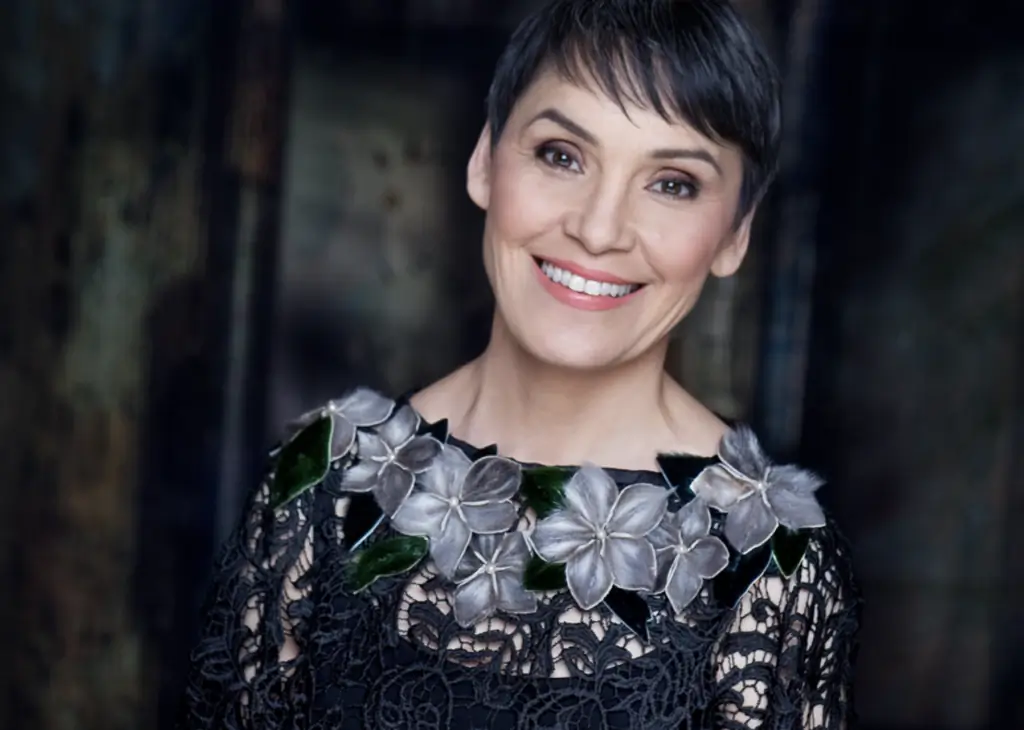
Becoming a singer-songwriter
Jennifer Stewart: When did you realize that you were an entertainer or that you had that in your blood?
Susan Aglukark: The moment I knew I loved the stage was about 12 or 15 years ago when I understood the difference between entertainer and singer-songwriter. I struggled with the term entertainer because of all the implications. I’m not a dancer; I’m not going to move around on stage. I’m a storyteller and singer-songwriter; that’s what I decided I was.
Catherine Clark: You have called yourself an accidental artist. What first got you into a recording studio or singing on stage?
Susan Aglukark: The first year I lived in Ottawa, I got this random phone call to my office. I was with Indian Affairs in Hull, Quebec, across the river from Ottawa, and it was CBC Northern Services. CBC Northern Radio used to do annual LP productions — they would collect names of singer-songwriters across the North, whether that be Inuit or First Nations from Arctic Canada, and once a year record and put out an album.
Long story short, I submitted seven songs, and they all got selected, and they ended up on this CBC Radio project. I licensed them back and released a cassette tape called Dreams for You. I met the producer, Randall Prescott, a CBC producer, who said, “Why don’t we keep songwriting?” And so we were in a studio every other weekend or so, songwriting. The conversation I had with him was, “I’m not a singer. I’m not a songwriter. But I have things I need to say, and if I’m going to write, they’re going to be very personal songs.” And that was the Arctic Rose album.
Jennifer Stewart: Did you have an aha moment, like this what I’m supposed to be doing?
Susan Aglukark: Even throughout the recording of the Arctic Rose album in the recording studio, it still hadn’t hit me that this could be my life. It just wasn’t there for me yet. There were all these moving parts, and they were all happening, and everybody who was part of that saw this, but I just didn’t see it. Mostly because we don’t nurture dreamers, so I didn’t know that as an Indigenous person, as an Inuk person coming out of Nunavut, that this could be my life. So, even after releasing the Arctic Rose album and doing this Northern tour, I didn’t feel like I could be a singer-songwriter.
Fighting imposter syndrome
Jennifer Stewart: Was it a form of imposter syndrome or just that it was something new?
Susan Aglukark: I think it was all of that. For sure, there was that guilt that my life was turning around; it all felt so good. I certainly had that impostor syndrome and the guilt of quote-unquote success, because we weren’t quite successful yet. In hindsight, I think about how fortunate I am to be still doing this 30 years later, but then I was coasting. I was just clueless. I was young and when you’re young, you just go for it. Part of me was stunned that it was happening, but part of me was scared because there was so much to learn.
Catherine Clark: Did you have anyone you could rely on or turn to for advice?
Susan Aglukark: No, nobody understood it. I couldn’t go to my parents. People, I call it on the other side, were so excited and as starstruck as I was. What I was learning in terms of the work involved and how much learning I had to do to catch up and keep up, they didn’t see. My family, my parents, people I grew up with, people I knew, were so enamoured with the potential. So everybody on that side said, “You’re doing it; this is great.” But actually, it’s not great because it’s really scary, is how I felt.
As afraid as I was, I was also getting better — I was starting to see the healing benefits of engaging the outlet of writing and songwriting. I had to take a step back and realize that something was changing and I chose to continue exploring that.
Jennifer Stewart: Did you ever have a moment in your career where you realized this was an incredible platform to sing and song write and help others in the North?
Susan Aglukark: It was probably in stages, but the process of committing to a record deal, committing to a major label, and choosing the next producer was very intentional for me. I knew the decisions I was making, I had to be responsible for. Which meant these people are watching every move I’m making — there was pressure to make the quote-unquote right decisions while honouring the person who is learning and growing through the career. I was now intentionally creating a team that would help me keep getting better, keep healing, and keep moving forward with my career.
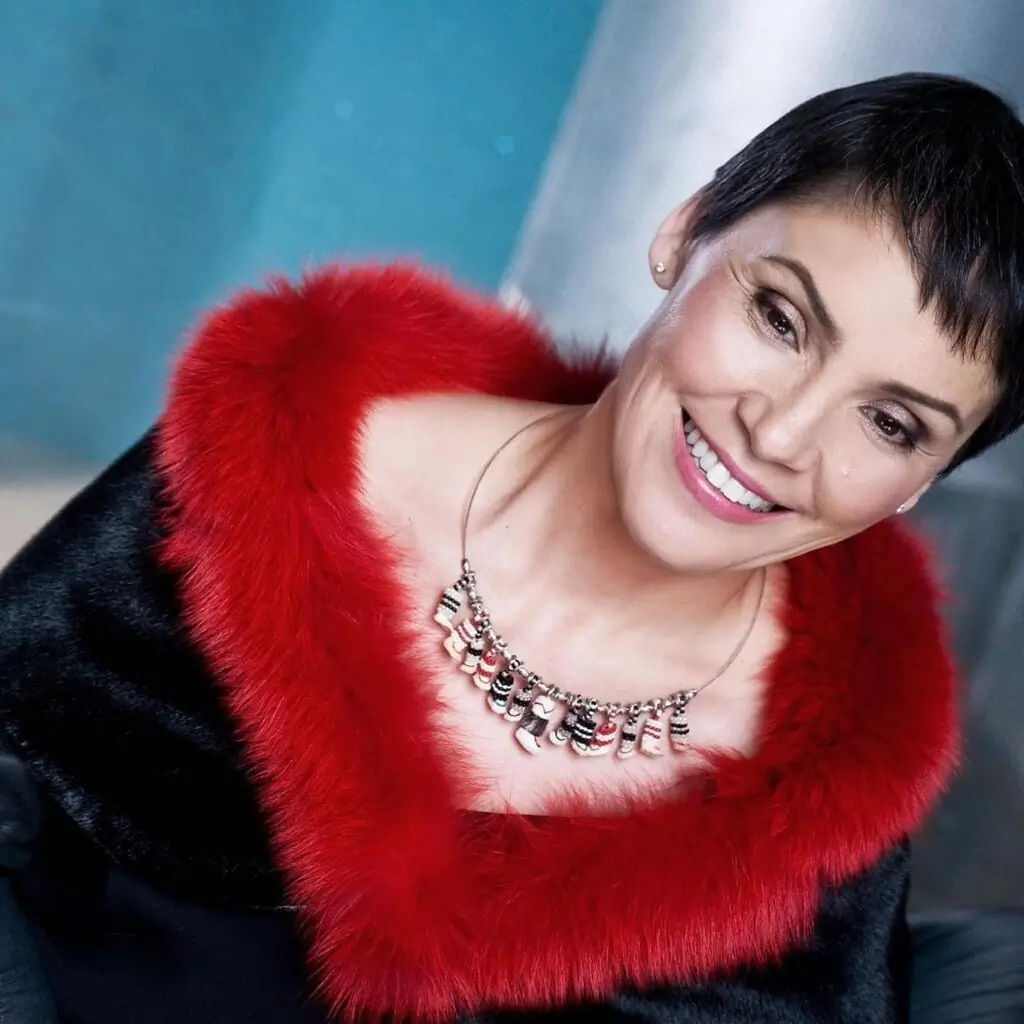
Balancing work and family
Jennifer Stewart: Do you ever resent that there is an affiliated role-model persona to what you do?
Susan Aglukark: No, I get it. I grew up in that environment. There are days when you’re exhausted, but I learned to find a balance. I learned to have me days, where I’m going to do a thing that I enjoy doing all day long, with no pressure to have to do something. I learned to do that when my son was born.
Catherine Clark: Did something happen that made you realize you needed to take that time?
Susan Aglukark: So the debut album This Child was a massive hit, none of us were prepared for that. We knew what we were creating and loved what we were making, but nobody was truly prepared for the hit. And there was massive pressure to follow that up with another hit album. Between those two albums, I got married and I had my son, and coming out of the hit album, and the pressures attached to that, really forced me to take a step back and to learn to assess and understand what they expected of me and what I could give. The more I learned to create boundaries, the more I learned to release myself from that pressure.
Experiencing postpartum depression
Jennifer Stewart: Postpartum depression is something that so many women struggle with but we often don’t talk about it and therefore we don’t get the support we need. And we often get pushback when we put boundaries in place because there’s not a strong understanding as to why we need them. What can we do? Or what advice would you offer to women dealing with postpartum depression right now, based on your experience?
Susan Aglukark: The immediate answer would be boundaries. My greatest supporter, fan, and partner is my husband, right from the beginning. I was already pregnant when we got engaged, and I said, “I’m happy to do this on my own. I don’t want you to feel pressured to raise this baby with me.” And we just said, “No, we’re going to have this family.”
But I planned to carry on with my career which means I’m going to travel a lot. I love to travel. Then we had the baby, and then I went into postpartum depression. He was a partner at the recording studio and he’s a sound engineer, so his hours were wonky. It came down to being clear and upfront about our careers and what we could work within.
Setting as much of a routine as you can helps. But it does also come down to the right partner, and understanding that you really are struggling, that it really is very dark in your head and it’s really hard to come out of that darkness. Having the right support sure makes a difference.
Surviving sexual abuse
Catherine Clark: You faced sexual abuse as a child, too. How did that impact you as an artist, but also just as a woman later in your life?
Susan Aglukark: I left after the court case against the abuser, the pedophile, and I moved to Ottawa. In hindsight, the guilt around how I was so fortunate to stumble into opportunities and circumstances that have become my healers. In those early years of living in Ottawa, I intentionally created an isolated life; I needed to do that. I had also decided I didn’t want a partner.
I wanted a child, but I didn’t want a partner because I knew when I moved away as a young woman that I would struggle in a partnership because of these little demons in my head. I didn’t know then that I could confront them, that I could work through them.
And then fast forward, I meet my now-husband — we will be celebrating our 25th anniversary this year — and I realized, “Darn, I’m in love. What do I do?” It was scary because I knew what I was bringing to the relationship. I had to trust that I was getting better and well enough that I could do my best and give my best in this relationship because I really wanted it.
Even today — I was eight or nine years old when I was assaulted — I have night sweats, and he understands them now. I’ve developed habits to deal with some of those demons. But I look back and I never imagined or dreamed that I would be this woman today, living this incredible life that we’ve worked hard for and have intentionally built.
Hope for the future
Jennifer Stewart: What gives you hope, Susan?
Susan Aglukark: Watching, witnessing, observing, and being a part of the next generation doing so much better. We have, as Canadians and Indigenous people, so much work to do, but what we have access to now in terms of role models and programming and living examples, we have so much more to draw from today. And that’s exciting to watch. That gives me continued energy and hope to keep working, to keep moving forward. I see young people now doing so much incredible work, and that’s the stuff that gives me hope.
(Note: This transcript has been edited for length and clarity.)

